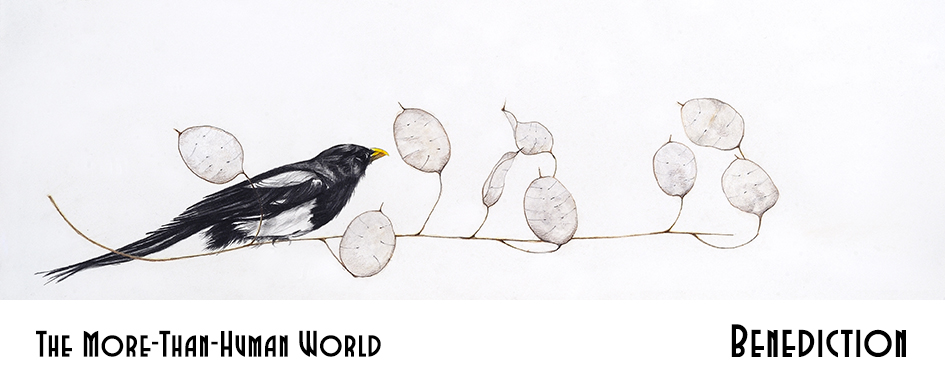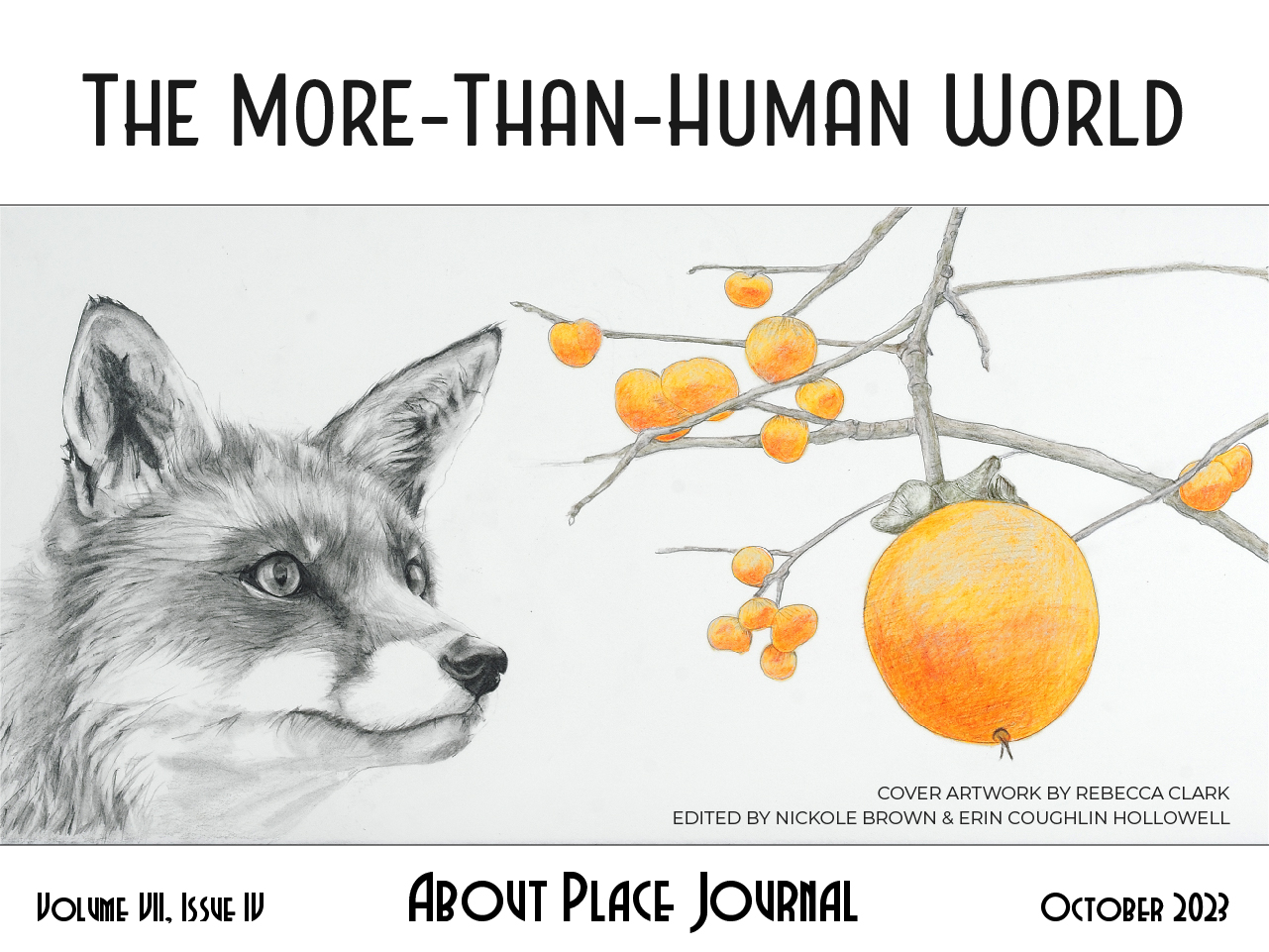of vision. Fish at the marsh
edge on an ebb tide. I walked
over. Took a photo. A photo. A
photo. In air, gold-eyed
and rust speckled. How long
that moment for the fish,
for me. Then I put my hands
just behind the gills, breathed
into right grip, and moved
so water could pass over frill.
I called up to ask if anyone
would like to see? To see? They
shook their heads, silent, silhouetted
against sky. They knew better
than me. And so I let it—
silver hake—go. I thought
I’d seen it so clearly, slick, vivid
muscle in my hands, bronze
body in bronze sand. But,
home, I flipped through, pinched
and zoomed, held and beheld
again, which is when
I saw the perfect circle pressed
into flank which had to be made
by one ring of a scalloper’s mesh bag.
Which is why—bycaught & tossed back
as the crew was steaming home,
marsh sucking tide into
its big lungs, shucking &
tossing all but the marketable muscle—
we came upon this fish
who shares a blush
with the scallop’s shell. Who
swims over their beds. Who wasn’t
intended to be caught up in all this
but was.


